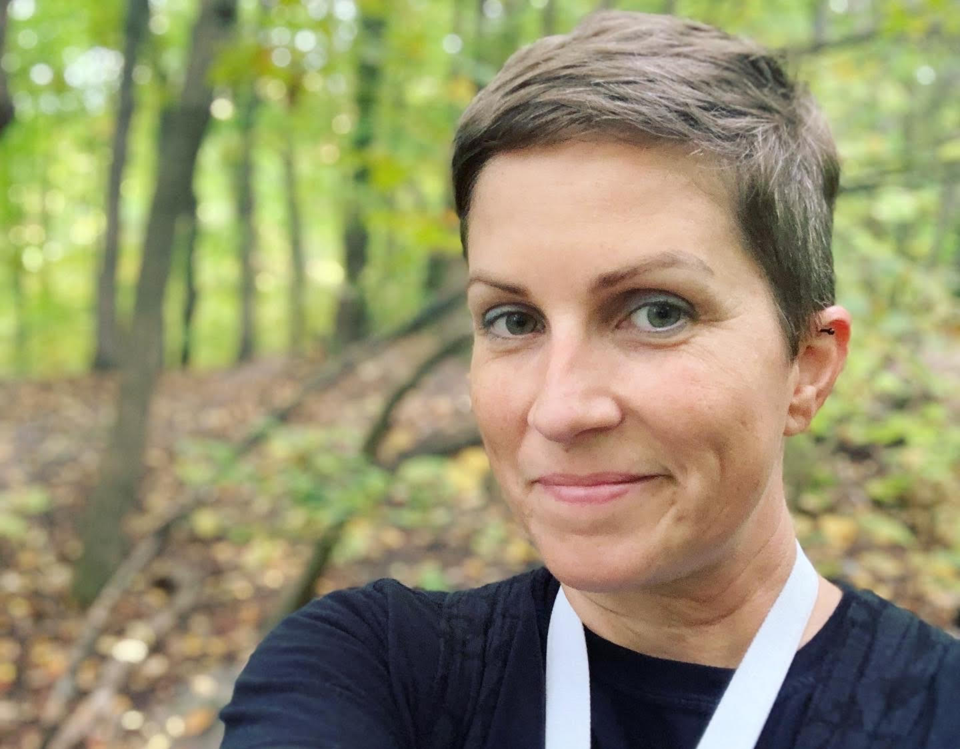Canada needs a comprehensive toxic drug overdose action plan, says Barrie Coun. Natalie Harris.
Her item for discussion on Monday night’s general committee agenda, co-sponsored by Coun. Keenan Aylwin, asks the federal government to declare the overdose crisis a national public health emergency so that it is taken seriously and funded appropriately.
It also asks for Ottawa to immediately seek input from the people most affected by this crisis, including municipalities, and meet with provinces and territories to develop a comprehensive, pan-Canadian overdose action plan. This would include comprehensive supports and full consideration of reforms that other countries have used to significantly reduce drug-related fatalities and prejudice, such as legal regulation of illicit drugs to ensure the safe supply of pharmaceutical alternatives to toxic street drugs, and decriminalization for personal use.
Barrie councillors will consider initial approval of the motion at Monday’s meeting.
“One of the main outcomes of the request for the Canadian government to declare an emergency on the toxic drug crisis is the distribution of safe pharmaceutical alternatives for those who struggle with substance-use disorders and to decriminalize people who possess controlled substances for personal use,” Harris said.
“There are many studies that show how having individuals cycle through the justice system because of possession of controlled substances for personal use does not result in an increase in substance-use recovery,” she added. “Decriminalization reduces stigma and allows for individuals to participate in a continuum of care, rather than simply forcing individuals to cycle through the justice system at immense financial costs.”
The Harris/Aylwin discussion motion says the toxic drug crisis is one of the largest public health emergencies of our lifetime, but the federal government has indicated it’s premature to discuss measures until there are comprehensive supports for people to get well.
The motion says that while supports are needed, measures that save lives are essential if people are to survive and access supports.
“Portugal decriminalized all drugs 20 years ago, therefore treating substance-use disorder as a medical issue rather than a criminal one,” Harris said, “and now has the lowest substance-use disorder rates in Europe. Also worth emphasizing is that HIV infections caused by drug use have decreased by 95 per cent. Portugal has found that it costs less to provide treatment to individuals battling substance-use disorders, rather than imprison them.
“It’s time for a massive influx of funding to go toward resources such as treatment and harm reduction, rather than continuing the individual’s cycle through the justice system,” she added. “Most importantly, this will save lives.”
But the overdose crisis rages, the motion says, showing few signs of abating.
It also says in November 2020, Moms Stop the Harm asked municipalities and Indigenous communities across the country for their assistance in ending the toxic drug crisis and the toll it is taking on our communities.
Specifically, local governments were asked to consider passing a motion on the overdose crisis — to declare the overdose crisis to be a national public health emergency and develop a national plan that looks at decriminalization and legal regulation of drugs.
Harris said she has not recently contacted Barrie’s MPs John Brassard (Barrie-Innisfil) and Doug Shipley (Barrie-Springwater-Oro-
“But I can assure you they are very aware of my desire to declare this national emergency,” she said.
Barrie city council has endorsed a supervised consumption site (SCS) at 11 Innisfil St., which still requires Health Canada and Ontario Health Ministry approval, and funding. Its proponents are the Simcoe Muskoka District Health Unit and the Canadian Mental Health Association's Simcoe County Branch.
An SCS provides a safe space and sterile equipment for individuals to use pre-obtained drugs under the supervision of health-care staff; consumption means taking opioids and other drugs by injection, smoking, snorting or orally.
If approved, the SCS would be funded by the Ontario government.



